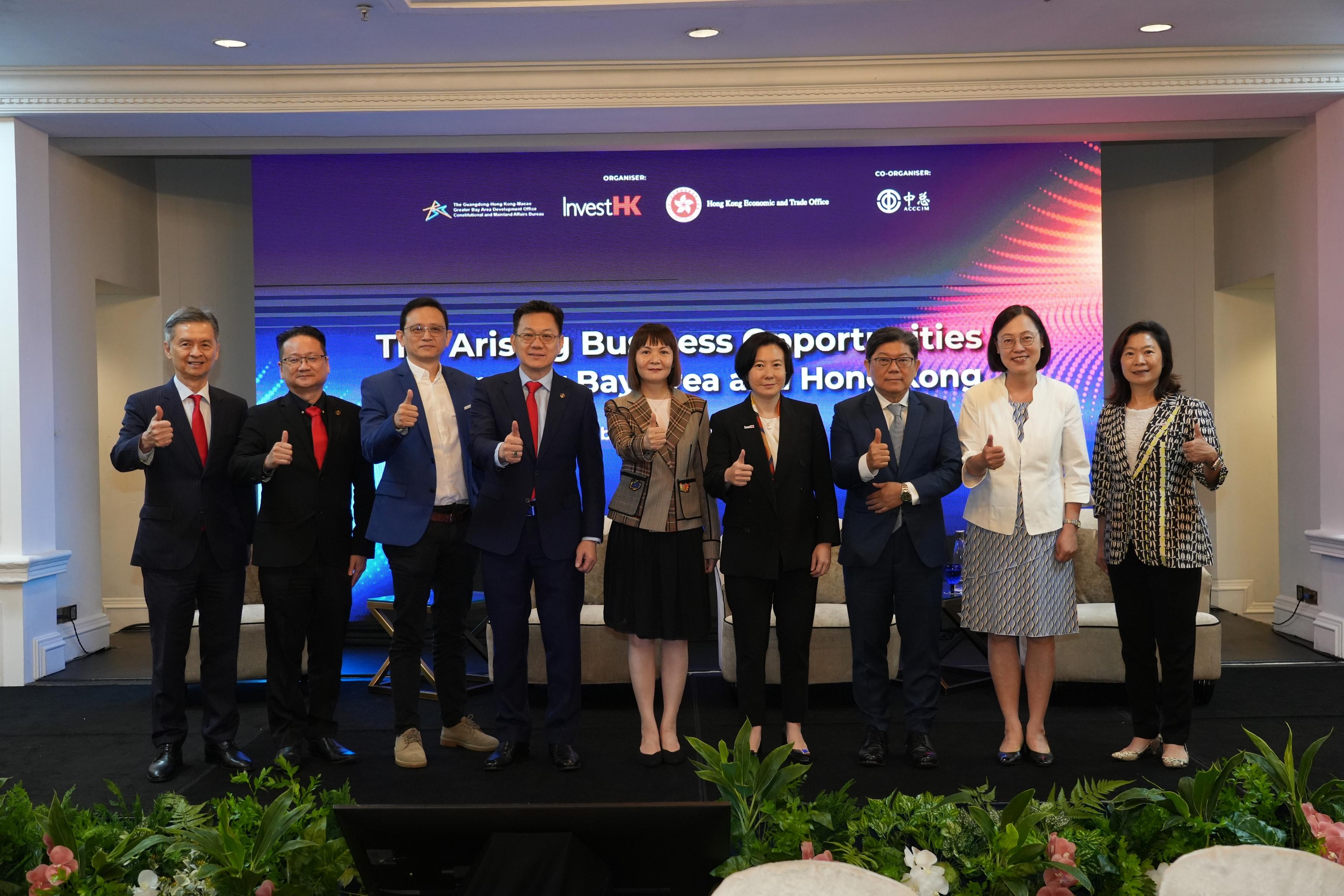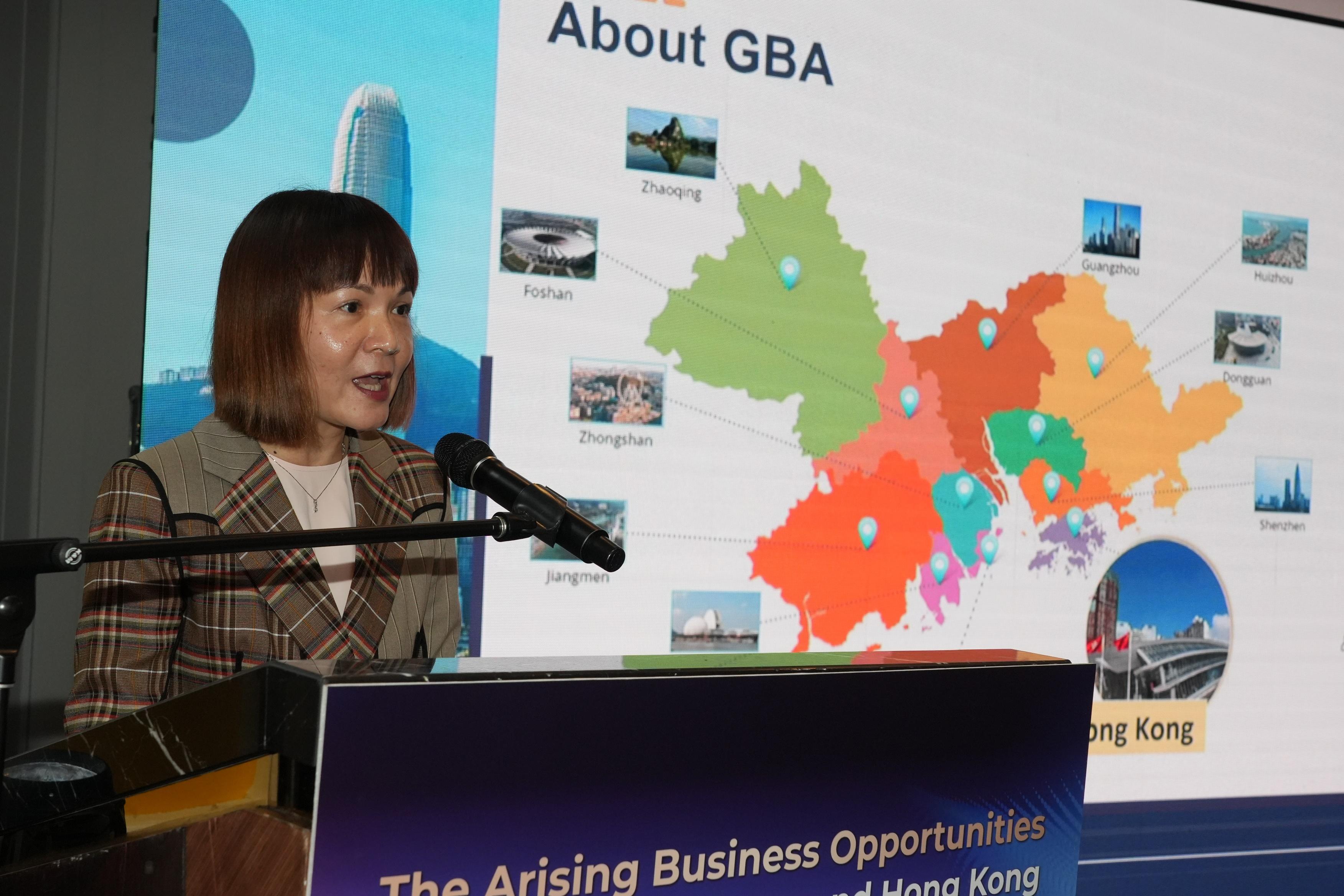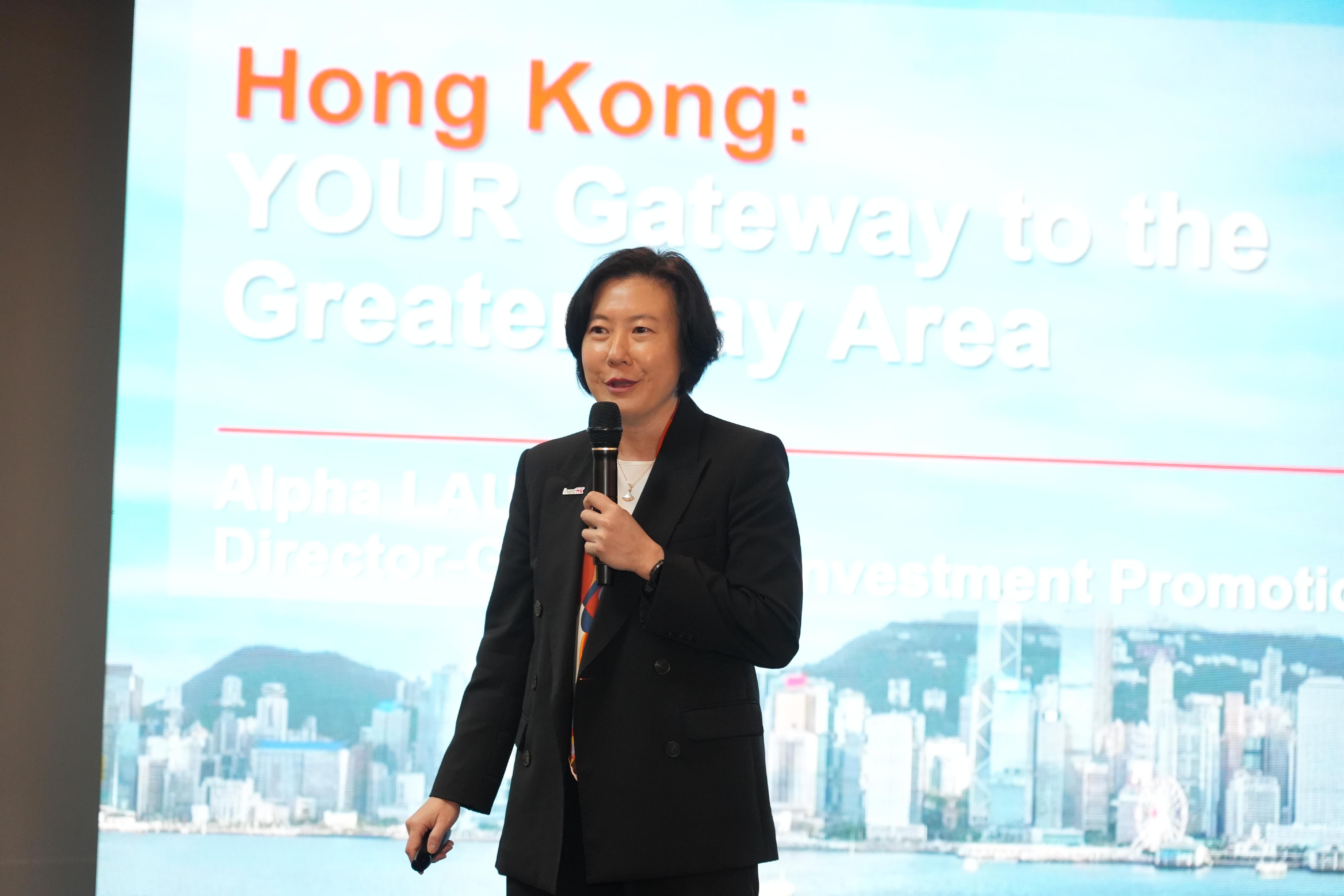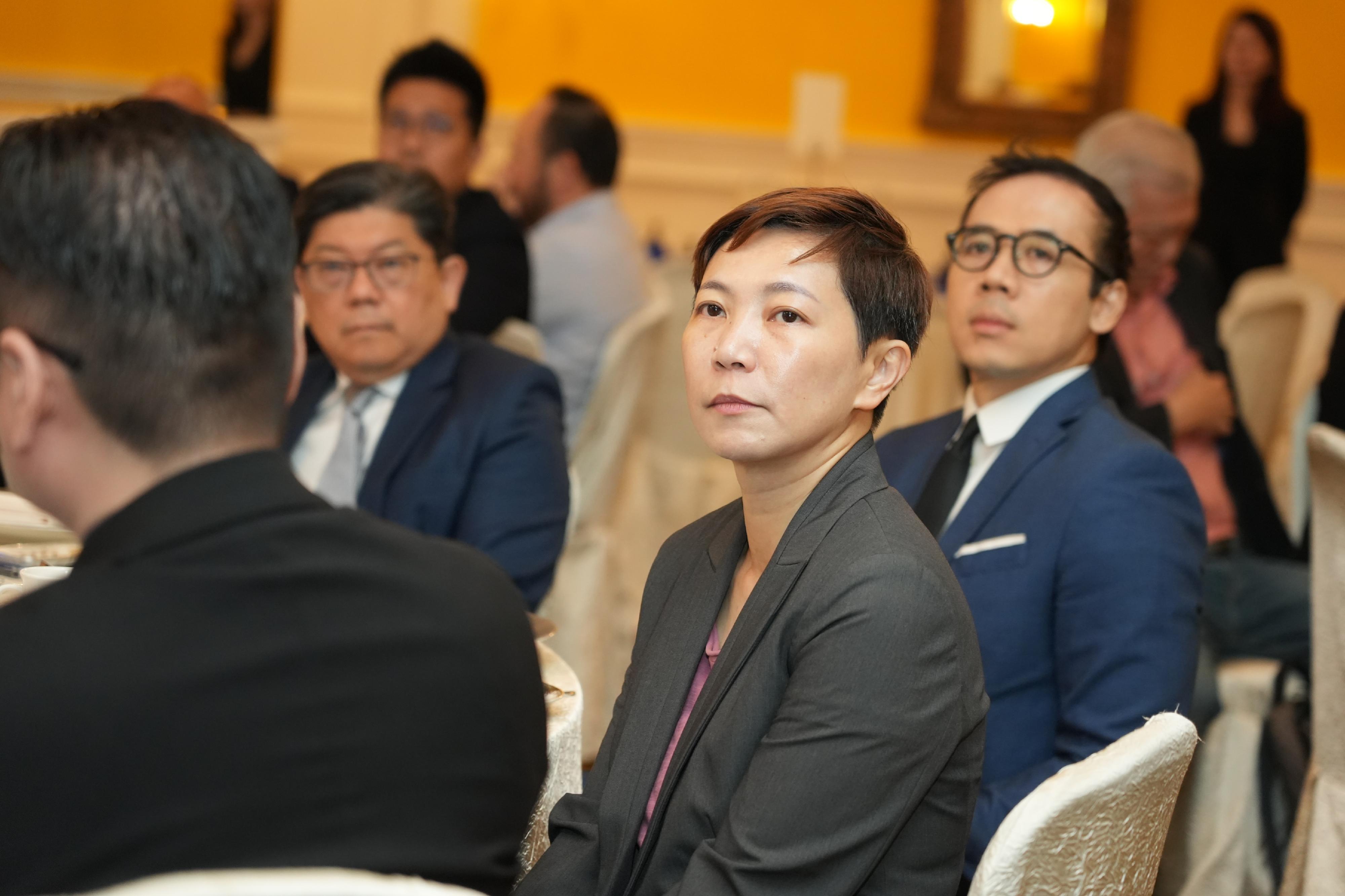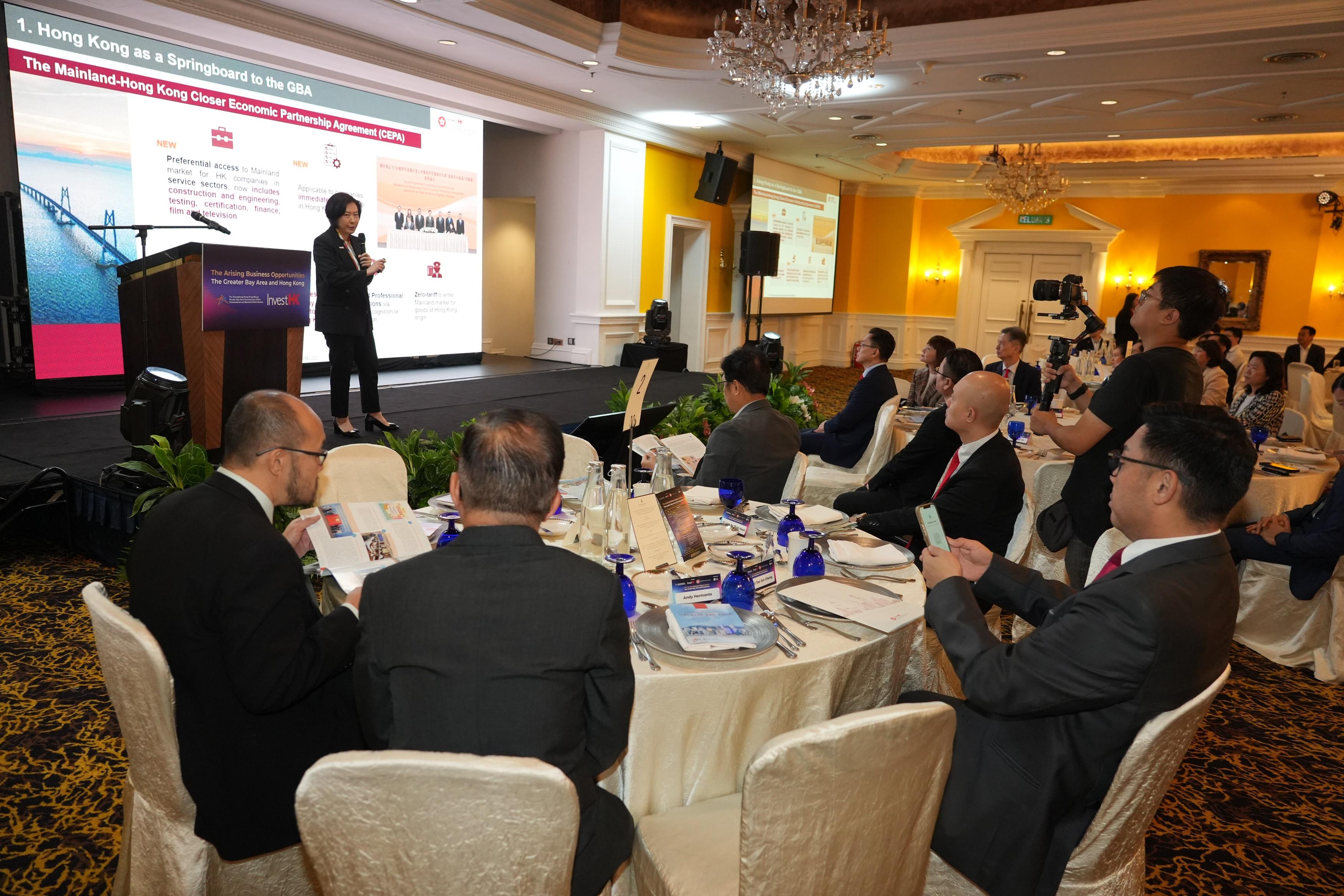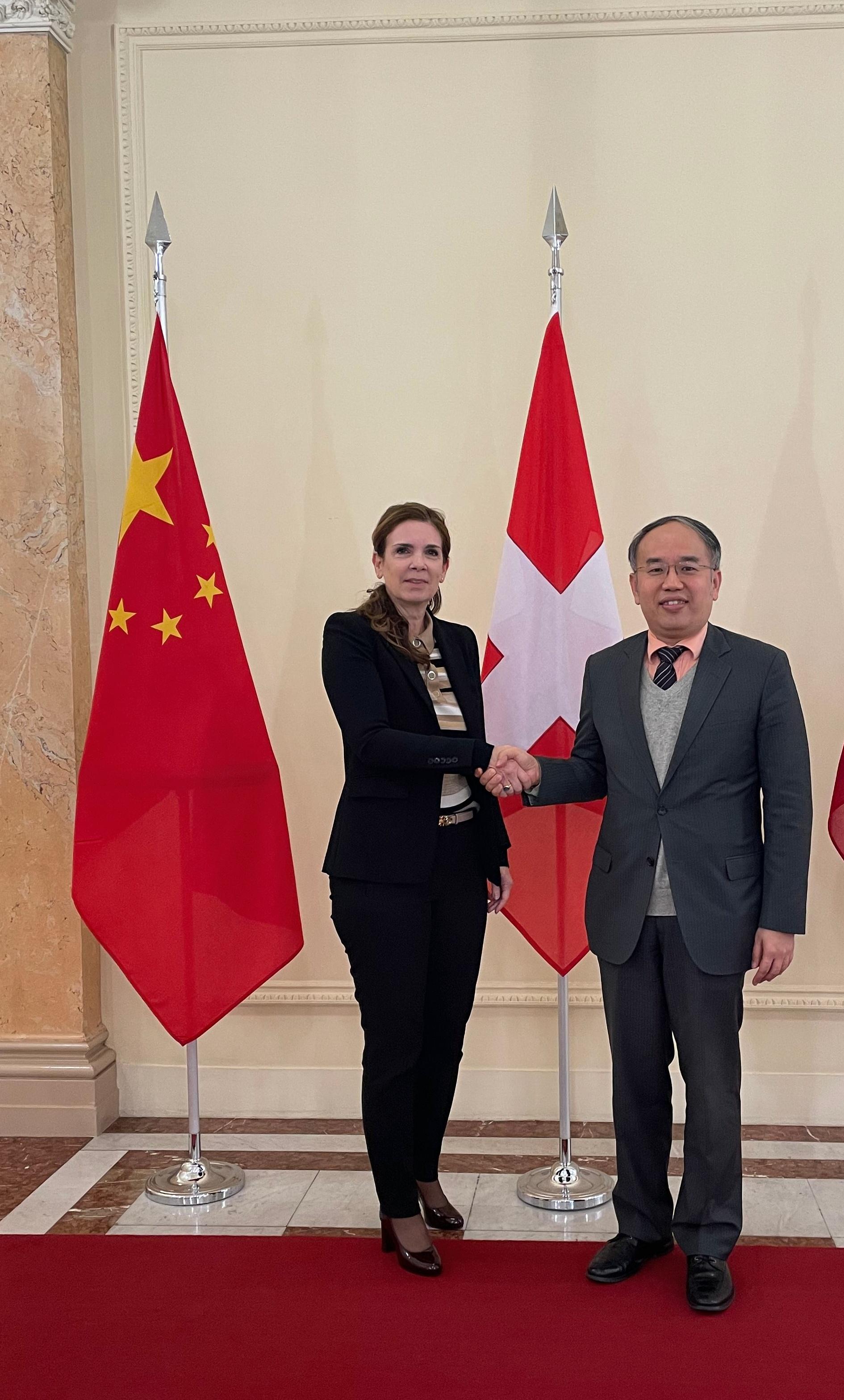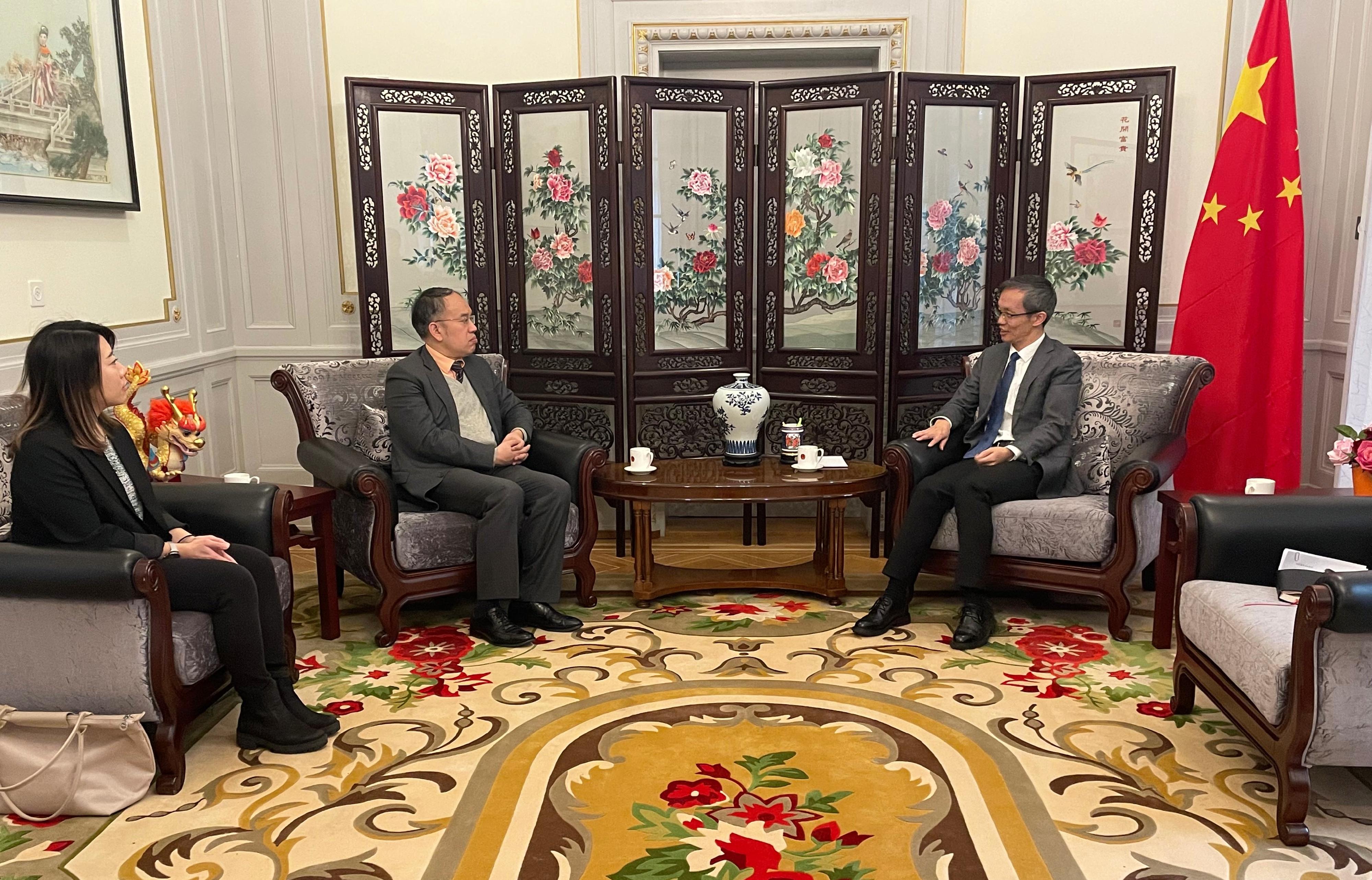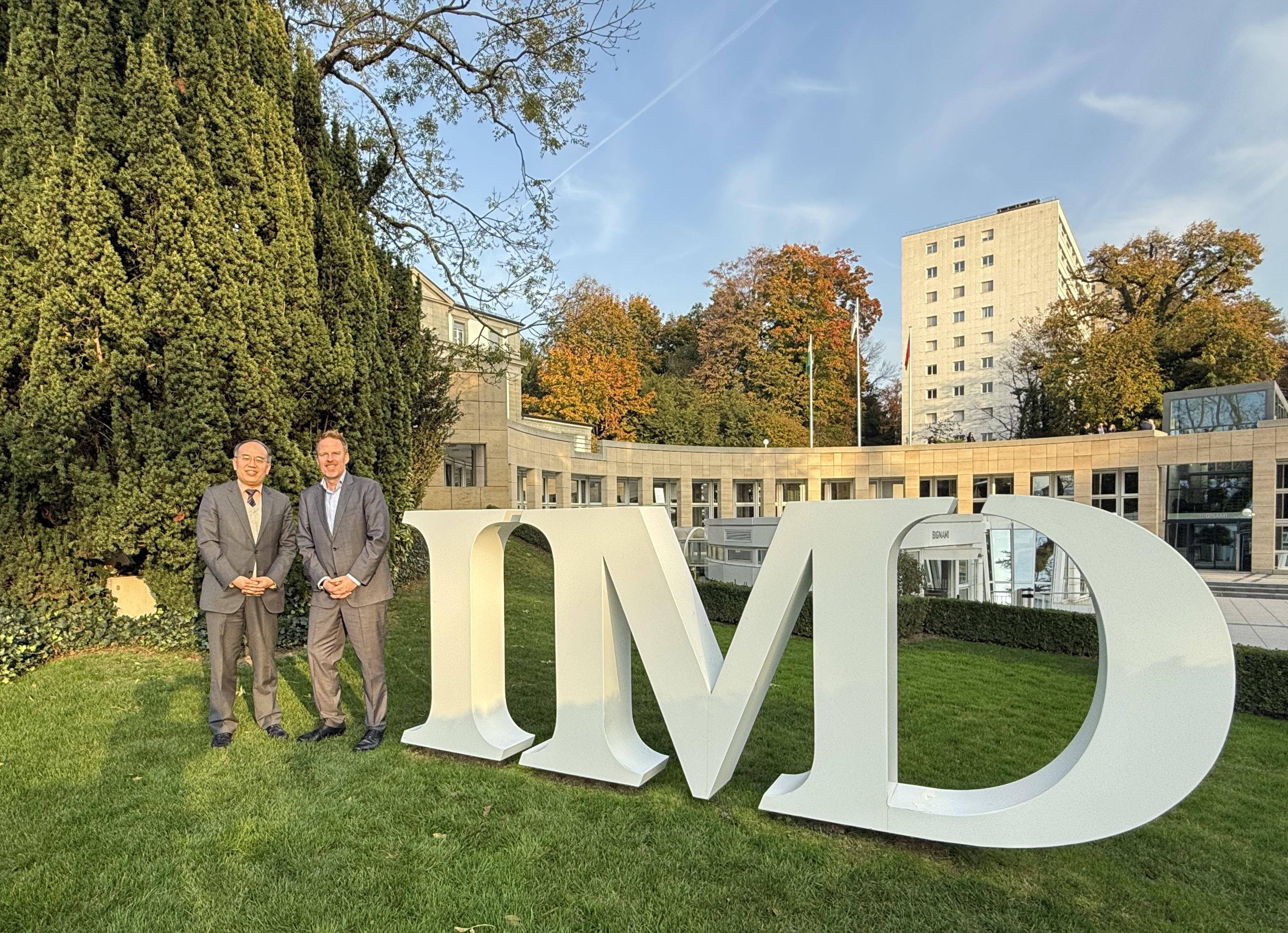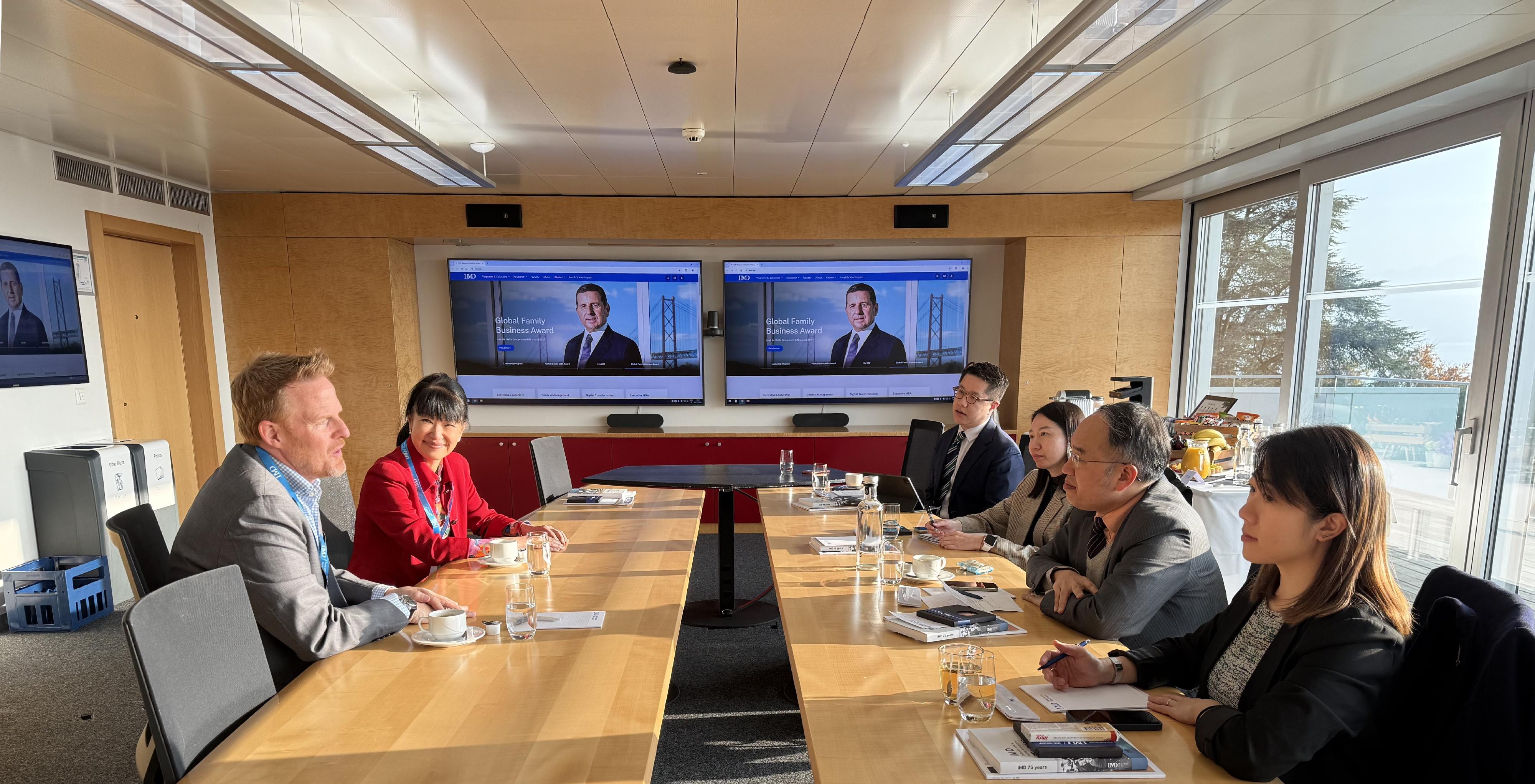Following is the video speech by the Chief Executive, Mr John Lee, at Hong Kong Legal Week 2024: Rule of Law: The Best Business Environment today (November 8):
Vice-Minister Wang Zhenjiang (Vice-Minister of Justice), Chief Justice Andrew Cheung (the Chief Justice of the Court of Final Appeal), distinguished guests, ladies and gentlemen,
Good morning. It is a great pleasure to speak to you, today, on the fifth day of this year's Hong Kong Legal Week.
It has been a great week for law, for Hong Kong's legal system, for our unwavering commitment to the rule of law, and the stability and confidence it offers businesses and investors all over the world.
And, let me add, this year's Legal Week has attracted a world of legal professionals, in person and online, from nearly 50 jurisdictions. That, ladies and gentlemen, is testament to the overwhelming support of our local legal community and the international legal fraternity.
The central theme of this year's Legal Week, "Hong Kong Common Law System: World-Class Springboard to China and Beyond", neatly encapsulates Hong Kong's legal professional services.
Our legal environment positions Hong Kong both as a gateway to Mainland China and a dynamic hub for business and legal and dispute resolution practice internationally.
Throughout this year's Legal Week, we have heard from a wide and welcome range of speakers: government officials, eminent judges and senior representatives of international legal organisations, alternative dispute resolution practitioners, business executives, and academics.
The range of discussions and legal issues have been equally diverse, covering international legal co-operation, national development, alternative dispute resolution, the use of AI (artificial intelligence) and lawtech, and emerging opportunities in the Guangdong-Hong Kong-Macao Greater Bay Area.
Our theme today, the "Rule of Law: The Best Business Environment", is a fitting conclusion to this year's Hong Kong Legal Week.
Hong Kong's common law system remains robust and indispensable, thanks to the unique "one country, two systems" principle.
As President Xi Jinping has emphasised, "one country, two systems" is a good system that must be adhered to in the long run. It is essential for maintaining stability and ensuring that Hong Kong continues to thrive as a special administrative region within our country.
It allows us to shape our future as the only common law jurisdiction in China, a distinction that entails significant advantages.
First, our common law system has a well-established body of law freely accessible in Chinese and English. The bilingual framework ensures that local, Mainland and international businesses can navigate our rules and regulations, with predictability and confidence.
Second, Hong Kong's distinct connection to the Mainland sets us apart. We benefit from unique legal assistance arrangements and convenience measures with the Mainland, particularly in civil and commercial matters and dispute resolution. And these enhance our attractiveness as a business destination.
This is precisely our role as a springboard to China and beyond, and we are proud to serve as a "super connector" and "super value-adder".
Third, this singular legal framework is supported by a pool of world-class legal and dispute resolution professionals. Often bilingual or even multilingual, they understand both Chinese and Western cultures, and they are well versed in international rules and practices.
These three factors – our system, our connections and our talent – make Hong Kong truly unique and welcoming to businesses and investors.
That’s clear in our high ranking, finishing 23rd globally, in this year's Rule of Law Index, published just two weeks ago by the World Justice Project.
And there's more good news. We ranked first in Asia, and third globally, in the latest Global Financial Centres Index Report.
The World Competitiveness Yearbook ranked Hong Kong fifth, globally, this year. That's up two places from last year's results. We topped the rankings in "business legislation" and "international trade" in the Yearbook.
These and other indicators underline Hong Kong's status as a preferred destination for global businesses.
The rule of law is no less essential to our success. The bedrock of our legal framework, it ensures stability, security and fairness – key elements that businesses look for when making decisions about where to invest and operate in.
A strong rule of law enhances the protection of property rights, provides recourse for disputes, and instils confidence among investors.
And it all comes together thanks to our legal sector and the talented professionals behind it.
The Hong Kong Special Administrative Region (HKSAR) Government is dedicated to ensuring a continuing flow of talented legal professionals for Hong Kong. That is why I'm delighted to announce that, this afternoon, we will launch the Hong Kong International Legal Talents Training Academy.
The Academy will cultivate the skills of our legal and dispute resolution professionals. It will also collaborate with international organisations and legal bodies, strengthening exchanges in regions under the Belt and Road Initiative, and underlining Hong Kong's status as a capacity-building centre for legal talent throughout the region and beyond.
This year marks the 75th anniversary of the founding of the People's Republic of China. The Ministry of Justice and the Department of Justice of the HKSAR Government have jointly set up an exhibition for this Legal Week, highlighting the milestones achieved and initiatives undertaken by our country in foreign-related legal affairs. It also spotlights the pivotal role played by Hong Kong in contributing to China's rule of law.
I am confident that Hong Kong will continue to contribute to our country's rule of law, in large part thanks to my colleagues at the Department of Justice. Your unwavering dedication to upholding the rule of law in Hong Kong is essential for its continuing success – and ours.
The HKSAR Government puts a policy priority on the rule of law and on our legal sector in general. The International Organization for Mediation – the world's first intergovernmental legal organisation dedicated to resolving international disputes through mediation – will be headquartered in Hong Kong. And, in my Policy Address last month, I outlined measures to promote a culture of mediation in Hong Kong. That includes incorporating mediation clauses in government contracts and encouraging the private sector to do so as well, as detailed in our policy statement this week.
We will also explore the establishment of a sports dispute resolution system in Hong Kong, and the development of sports arbitration here.
We see opportunity, too, in advancing our lawtech capabilities, and expanding co-operation with our Mainland legal counterparts.
These and other prospects and issues, I'm pleased to note, were among the fruitful discussions that have taken place at Legal Week events over the past few days. Our collective efforts will ensure that Hong Kong's rule of law continues to shape our future, and our future success.
I am grateful to the Department of Justice for organising this year's Legal Week. My thanks, too, to Legal Week's many supporting organisations.
Ladies and gentlemen, I wish you a rewarding final day at Hong Kong Legal Week 2024 and the best of business, and law, in the coming year.
Thank you.
